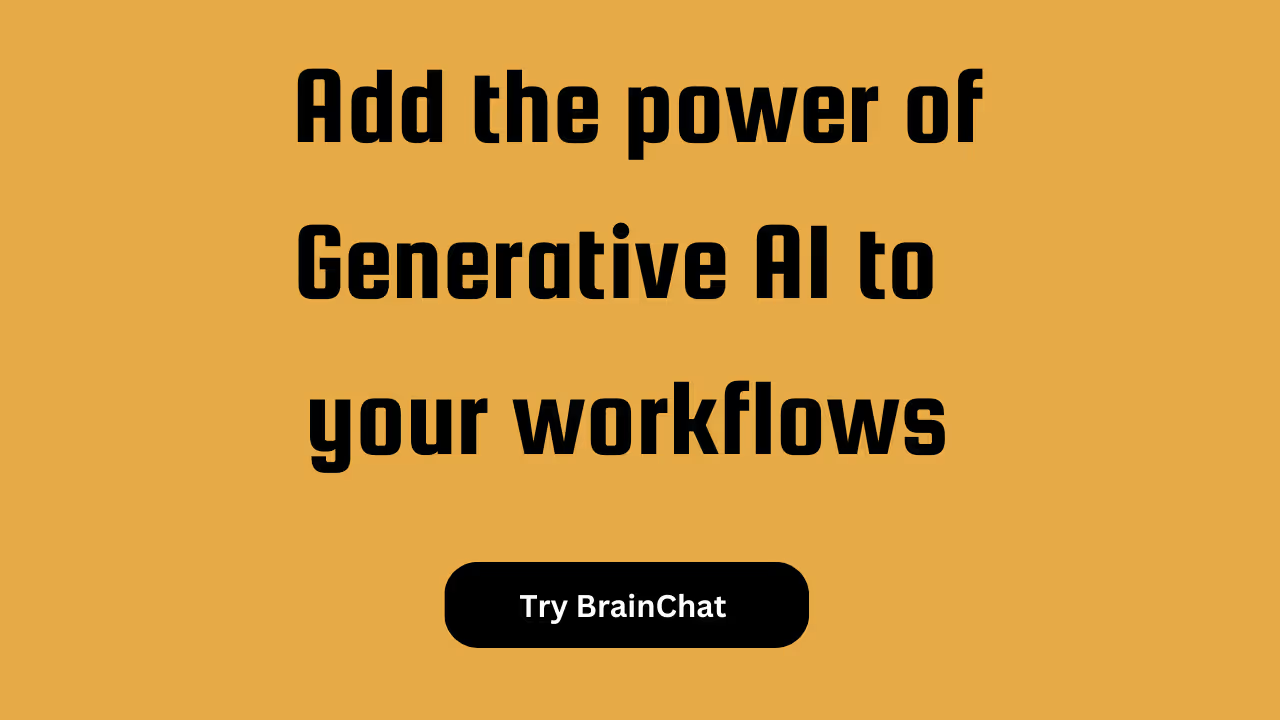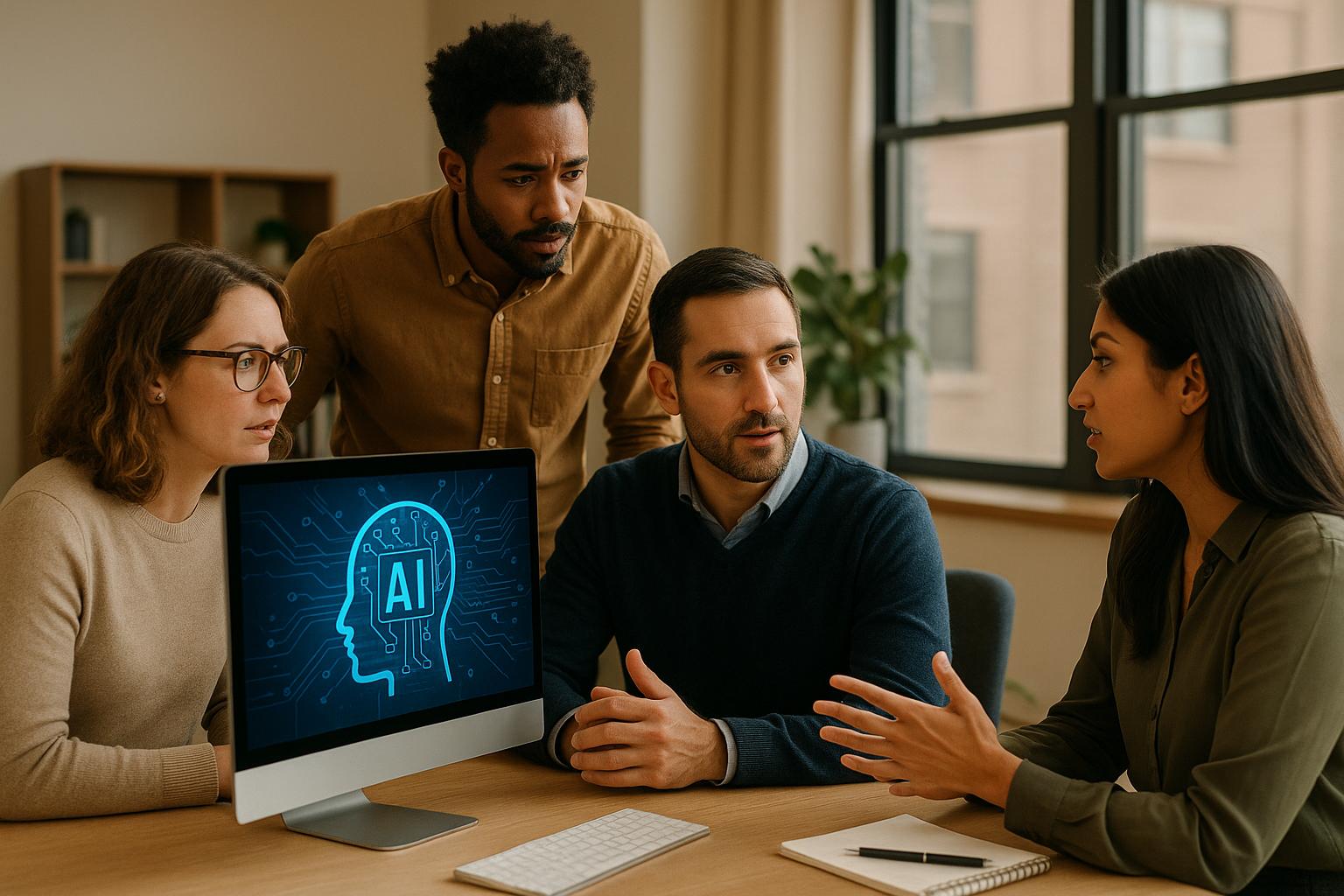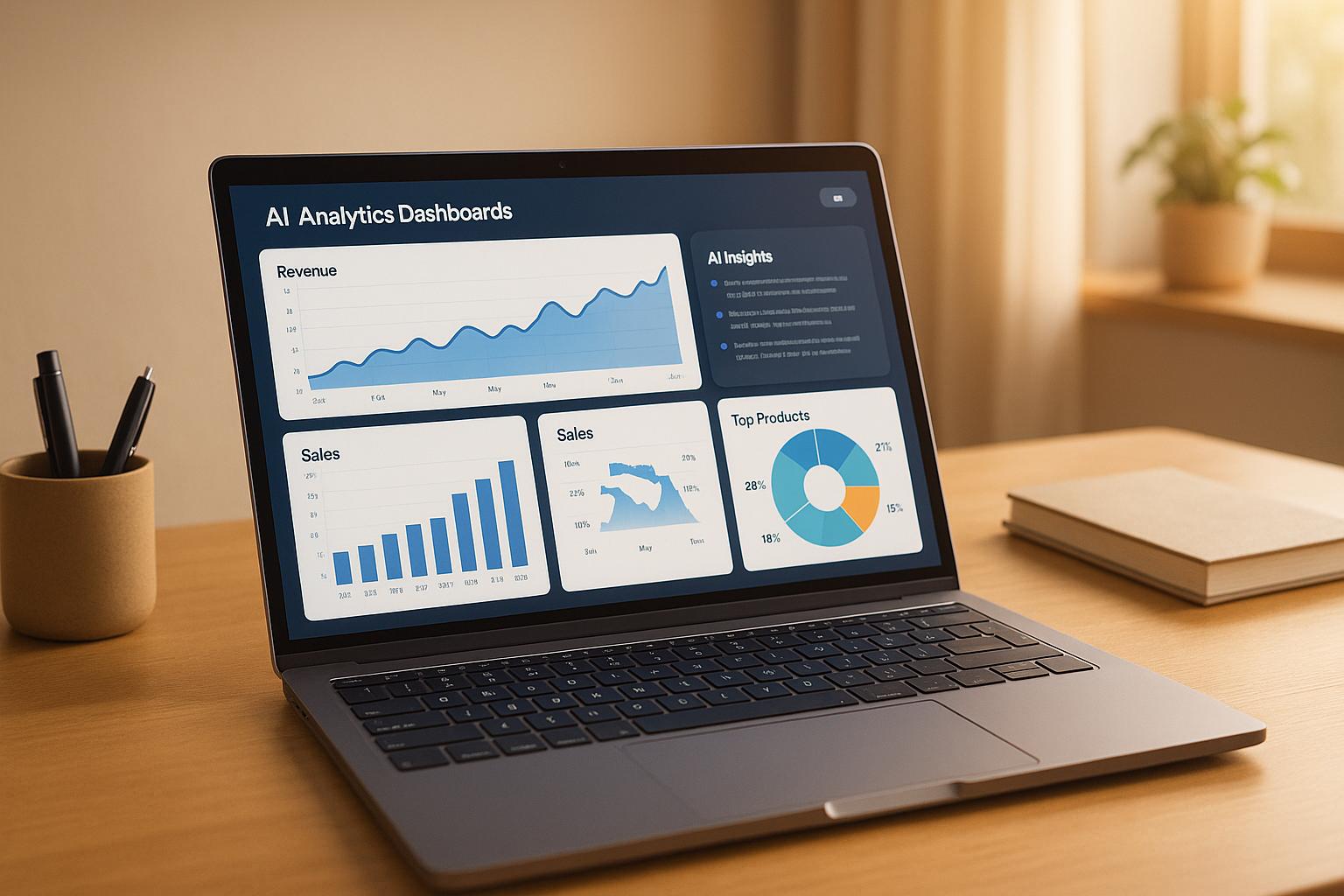
What is OpenAI?

OpenAI is an AI research organization that develops services like ChatGPT. Here's what you should know:
In recent years, artificial intelligence (AI) has seen unprecedented growth and development, impacting various aspects of our daily lives. Among the organizations at the forefront of AI research and innovation is OpenAI. This article aims to delve into what OpenAI is, its key aspects, relevant facts, and the insights surrounding its mission and contributions to the world of AI.
The Genesis of OpenAI
OpenAI was founded in December 2015 by a group of tech visionaries, including Elon Musk, Sam Altman, Greg Brockman, Ilya Sutskever, Wojciech Zaremba, and John Schulman. The organization was established with a mission to ensure that artificial general intelligence (AGI) benefits all of humanity. This noble aim was rooted in the concern over the potential misuse of AI and the necessity to create a system that works for the greater good.
OpenAI operates as a research organization, focusing on creating advanced AI while promoting safety and equality in its use. The organization aims to advance digital intelligence in a way that will positively impact society on a global scale.
Core Objectives and Mission
At its heart, OpenAI has a simple yet profound mission: to ensure that AGI, when developed, will be safe and beneficial to humanity. AGI refers to highly autonomous systems that outperform humans at most economically valuable work. This mission encapsulates a few core objectives:
1. Broader Distribution of Benefits: OpenAI strives to provide universal access to AI technologies, ensuring that their benefits reach all layers of society.
2. Long-term Safety: The organization is deeply committed to researching and implementing safety measures that prevent the misuse of AI systems.
3. Technical Leadership: OpenAI works diligently to stay at the cutting edge of AI research, thereby spearheading advancements and technological breakthroughs.
4. Cooperation: To mitigate risks and share knowledge, OpenAI collaborates with other research and policy institutions.

Notable Achievements
OpenAI's contributions to the field of artificial intelligence are undeniable. Some of its most notable achievements include:
GPT Series
One of OpenAI's breakthrough innovations is the Generative Pre-trained Transformer (GPT) series. These language models, particularly starting from GPT-2 to the recent GPT-4, have demonstrated remarkable capabilities in understanding and generating human-like text. These models can produce essays, summarize text, translate languages, answer questions, and even engage in meaningful conversation.
GPT-3, for instance, has been widely acclaimed for its near-human ability to understand context and generate coherent responses, positioning itself as one of the most powerful language models ever created. These advancements have a profound impact on various sectors, including education, content creation, customer support, and more.
DALL-E and CLIP
DALL-E is another groundbreaking project from OpenAI, which can generate highly detailed and imaginative images from textual descriptions. This portrays the fusion of natural language processing with image generation, opening new horizons in the realm of digital creativity and design.
CLIP (Contrastive Language-Image Pre-training) is a model that understands images and their relationship to textual descriptions. It enables various applications, including improving search engine results, generating accurate image captions, and enhancing digital content management systems.
Codex and OpenAI Codex API
Codex, which powers GitHub Copilot, is an AI model trained to assist with coding tasks. It understands and respects the context and can recommend snippets of code, function names, and entire lines of code, which significantly boosts productivity and minimizes errors for developers.
Ethics and AI Safety
While OpenAI's innovation is commendable, the organization places a strong emphasis on the ethical implications of AI. This involves crafting policies and guidelines to ensure that AI technologies are developed and deployed responsibly. OpenAI has released extensive research papers on AI safety and collaborates with global institutions to advocate for ethical standards in AI development.
Transition from Non-Profit to "Capped" Profit
Initially, OpenAI started as a non-profit organization. However, in 2019, it transitioned into a "capped" for-profit model under the name OpenAI LP. This new structure allowed OpenAI to attract more investment while ensuring that its stakeholders' returns are capped at 100x their investment. This balance is intended to align financial incentives with their mission of deploying AGI that benefits humanity as a whole.
OpenAI API and GPT Applications
One of the significant contributions of OpenAI is its API, which empowers developers and businesses to integrate advanced AI into their applications. This API provides access to OpenAI's GPT-3, enabling a plethora of applications ranging from chatbots to sophisticated analytics tools.
Several startups and companies have leveraged the OpenAI API to create innovative products and services. These applications span numerous industries, including entertainment, education, finance, healthcare, and more. The flexibility and power of OpenAI's models allow for diverse use cases, enhancing the overall utility of AI in solving real-world problems.
Challenges and Criticisms
Despite its numerous advancements and contributions, OpenAI faces several challenges and criticisms:
While OpenAI pledges to prioritize ethics and safety, the rapid development of powerful AI tools like GPT-3 has raised concerns over potential misuse. Issues such as the generation of misleading information, deepfakes, and biased content remain critical points of contention.
There have been discussions about the level of transparency surrounding OpenAI’s research processes and the accessibility of its technology. Critics argue that while OpenAI claims to democratize AI, the access to their powerful models might still be limited based on commercial interests and partnerships.
Computational Resources and Environmental Impact
Developing and training large-scale AI models require enormous computational resources, which has a significant environmental impact. The carbon footprint of training massive models like GPT-3 highlights the need for greener and more efficient approaches to AI research.
The Future of OpenAI
As OpenAI continues to advance the frontier of artificial intelligence, the future holds promising possibilities. Here are a few trends and directions that are expected to shape the future:
1. Enhanced Model Interpretability: Developing models that are not only powerful but also interpretable and transparent will be key. This will help in understanding their decision-making processes, thus improving trust and reliability.
2. Focus on Multimodal AI: Integrating various modalities, such as text, images, and speech, into cohesive AI systems is expected to enhance the versatility and capability of AI applications. Projects like DALL-E and CLIP are the forerunners of this trend.
3. Broader Ethical and Regulatory Frameworks: As AI becomes integral to various sectors, establishing robust ethical guidelines and regulatory frameworks will be paramount to ensure its responsible use.
4. Collaboration and Knowledge Sharing: Collaborations with academic and research institutions, governments, and industry partners will continue to be crucial in fostering a unified approach to AI development and deployment.
Conclusion
OpenAI has emerged as a pioneer in the field of artificial intelligence, contributing groundbreaking research and advanced AI technologies that have the potential to transform numerous industries. The organization's mission to ensure AGI benefits all of humanity underscores the importance of ethical and safe AI development.
While OpenAI continues to innovate and shape the future of AI, it also faces challenges that necessitate a balanced approach to technological advancement and ethical considerations. As we move forward, the collaborative effort among researchers, policymakers, and industry leaders will be crucial in harnessing AI's power for the collective good.
Try BrainChat today
Ready to supercharge your team's productivity with AI?
Try BrainChat for free today! BrainChat is an affordable, efficient alternative to traditional chat platforms, designed specifically for workplace collaboration. You can create AI assistants tailored to your team's needs, train them on your own data, and integrate them seamlessly into your workflow—all while ensuring your data stays private and secure.
With BrainChat, you get faster response times, collaboration tools, and cost savings—it's 10x cheaper than ChatGPT Team. Sign up now and invite your colleagues to explore all the features.
Turbocharge your team with BrainChat AI
Teams using BrainChat report a 40% boost in task completion speed. Imagine what your team could achieve.
%20(1).png)



